
Man Over 700 Eggs In One Month To See What It Would Do To His Body. Here’s What Happened.
When it comes to food and nutrition experiments, Dr. Nick Norwitz, a YouTuber and health enthusiast, took a bold step by embarking on a one-month challenge to consume a mind-boggling 720 eggs. The goal of the challenge was to assess the impact of consuming such a large amount of cholesterol-rich food on his health. For 30 days, he ate 24 eggs daily, two cartons a day, and meticulously documented the results of his experiment. But what would happen when an individual exceeds the usual intake and consumes large quantities of eggs? Would it lead to unhealthy cholesterol levels or would the body adapt in surprising ways? Let’s dive into the experiment, its results, and how it challenges what we know about cholesterol and diet.

Dr. Nick Norwitz
The Challenge: 720 Eggs in One Month
The experiment Dr. Norwitz set up was straightforward, but it had a controversial twist. He intended to eat 24 eggs daily for 30 days. The total tally was an astounding 720 eggs. This decision was rooted in the idea that cholesterol, especially dietary cholesterol, doesn’t have the detrimental effect on heart health that many people believe it does.
Before beginning the experiment, Norwitz hypothesized that despite the egg consumption’s high cholesterol content, it would not lead to the feared spike in LDL (low-density lipoprotein) cholesterol, often referred to as “bad” cholesterol. With eggs being rich in this nutrient, many people have historically avoided them due to the fear of cardiovascular disease. But Dr. Norwitz’s experiment aimed to challenge this common belief and see how his body would respond.

Cholesterol and Its Role in the Body
Cholesterol is often villainized as the main culprit behind heart disease, but the reality is more nuanced. Cholesterol is a waxy, fat-like substance essential for producing hormones, vitamin D, and bile acids, which help digest fat. The liver produces most of the cholesterol your body needs, but you also get cholesterol from the foods you eat, especially animal-based products like eggs, meat, and dairy.
Cholesterol travels through your bloodstream in two types of lipoproteins:
-
LDL (Low-Density Lipoprotein): Often referred to as "bad cholesterol," high levels of LDL can lead to plaque buildup in your arteries, increasing the risk of heart disease and stroke.
-
HDL (High-Density Lipoprotein): Known as "good cholesterol," HDL helps remove LDL from the bloodstream, lowering the risk of cardiovascular diseases.
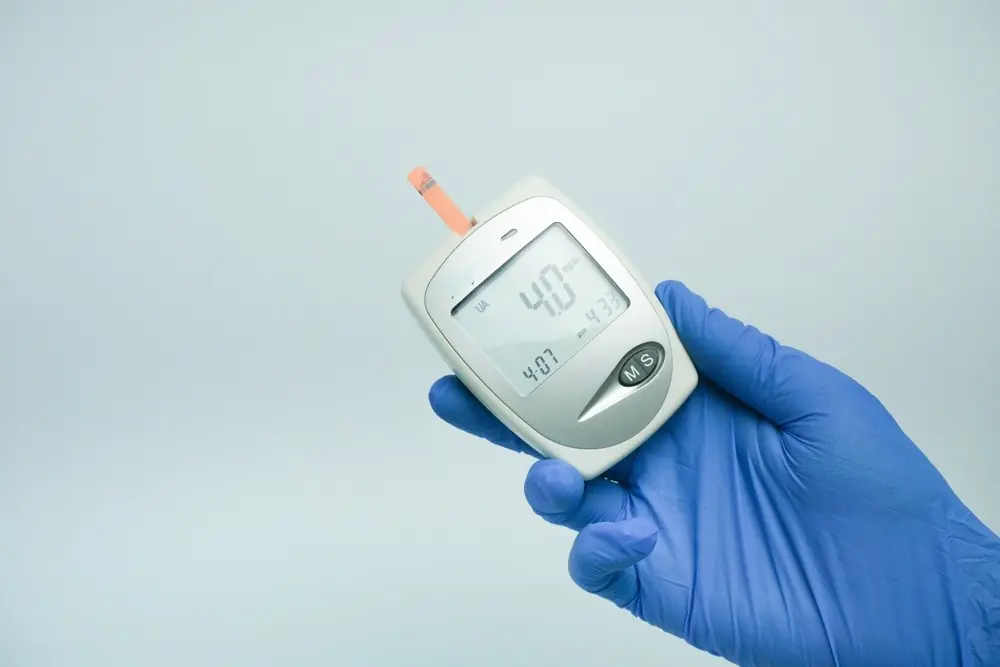
While dietary cholesterol (the cholesterol you get from food) has traditionally been believed to directly raise blood cholesterol levels, recent research has shown that dietary cholesterol may not have as significant an impact as once thought. The body tends to regulate its cholesterol production, so people who consume high amounts of cholesterol might not see a drastic change in their blood cholesterol levels.
The Results: An Unexpected Decrease in LDL Cholesterol
Dr. Norwitz’s results surprised even him. Despite eating an extraordinary amount of cholesterol over the course of 30 days, his LDL cholesterol levels did not rise as expected. In fact, they decreased. Initially, his LDL levels dropped by 2% within the first two weeks of the experiment, and by the end of the month, his LDL cholesterol had decreased by a striking 18%.
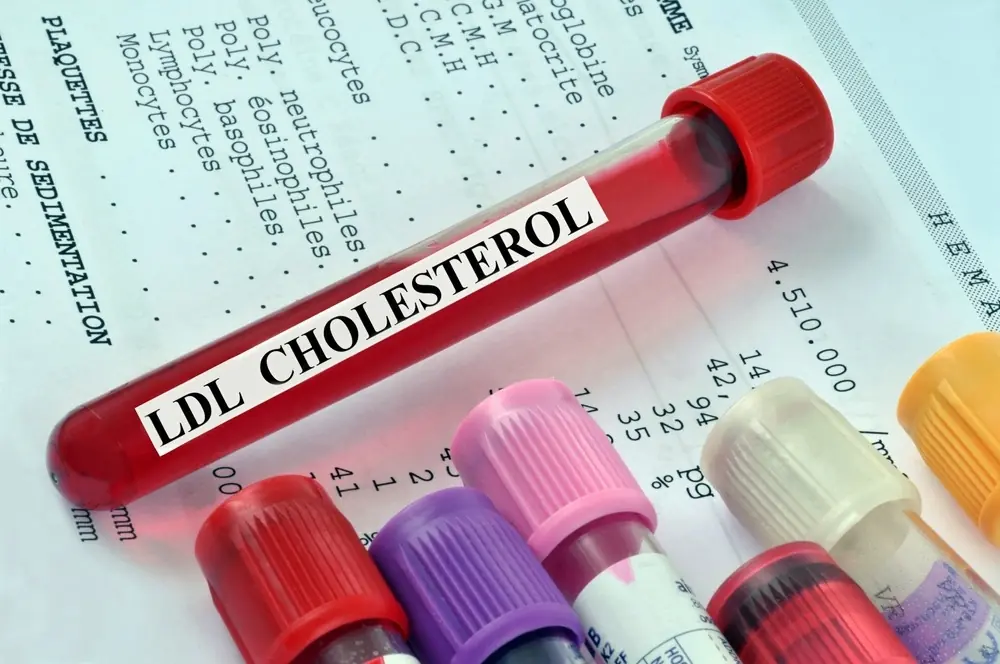
This outcome challenged the conventional belief that consuming cholesterol-rich foods directly raises LDL levels and increases the risk of heart disease. It also raised important questions about how the body regulates cholesterol and how diet interacts with these processes.
Explaining the Science: Cholesterol Synthesis and Dietary Impact
To better understand why Dr. Norwitz’s cholesterol levels dropped despite the high cholesterol intake, we need to explore the science behind cholesterol metabolism. The liver plays a central role in managing cholesterol levels by regulating cholesterol synthesis. When you consume cholesterol-rich foods, your liver may produce less cholesterol to maintain a balance, thus preventing your blood cholesterol levels from spiking.
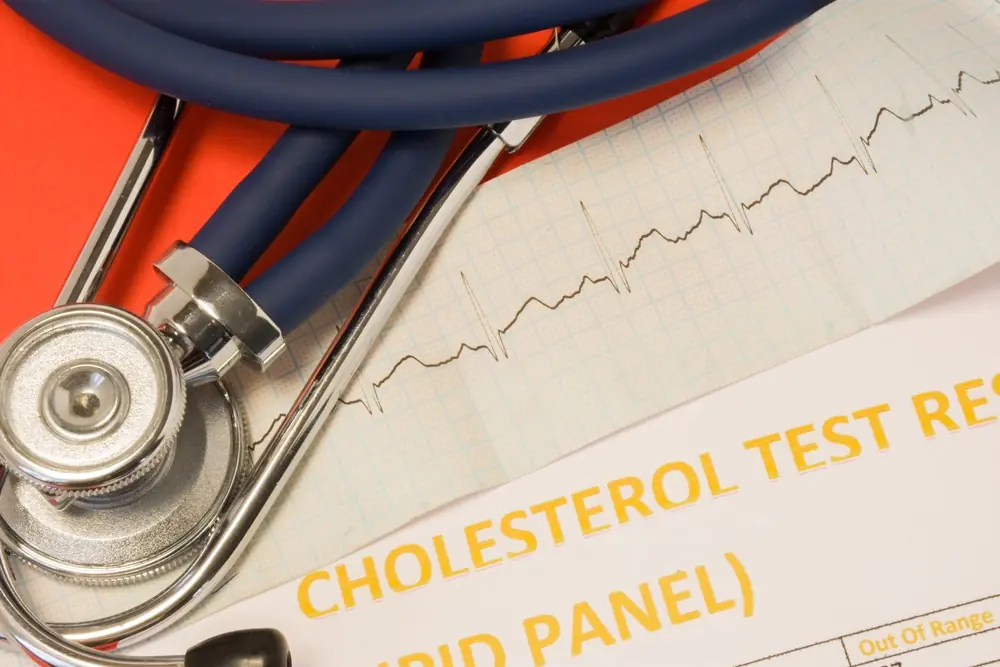
Another aspect to consider is the role of dietary fats in regulating cholesterol. Consuming a balanced ratio of fats, particularly healthy fats, could affect the body’s response to dietary cholesterol. Dr. Norwitz added healthy fats from sources like olive oil, avocados, and coconut oil during his experiment, which could have contributed to the favorable outcome by supporting a healthy lipid profile.
The Role of Carbohydrates in Cholesterol Regulation
Interestingly, Dr. Norwitz also noticed a significant change in his diet as he incorporated more carbohydrates in the latter part of the experiment. As carbohydrates are digested, they influence the release of insulin and glucose, which in turn can affect cholesterol levels. He found that increasing carbs in his diet seemed to have a balancing effect on his cholesterol, contributing to the reduction in LDL levels.
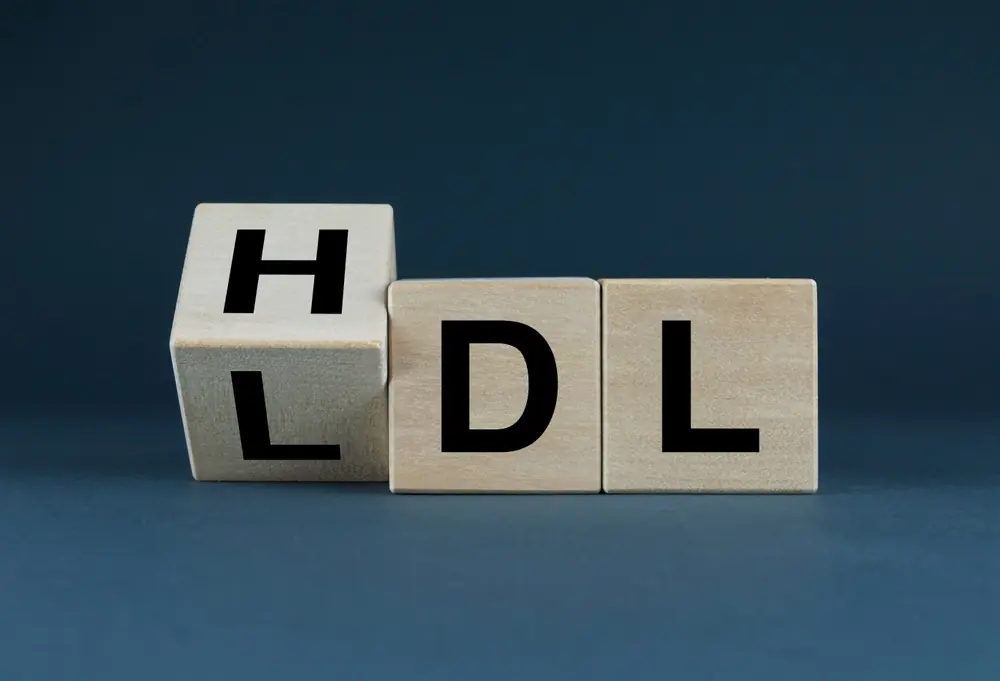
This is a vital point to consider: while much attention is given to the cholesterol content of foods, carbohydrates also play a crucial role in how the body processes and regulates cholesterol. A diet too low in carbohydrates may result in inefficient fat metabolism, while a balanced intake can keep cholesterol levels in check.
Understanding Hyperresponders and Cholesterol
While most people’s cholesterol levels remain relatively stable despite consuming high amounts of cholesterol-rich foods, some individuals—referred to as “hyperresponders”—may experience a slight increase in LDL cholesterol when they consume cholesterol-rich foods. However, it is important to note that this increase often involves larger LDL particles, which are considered less harmful compared to smaller, denser particles that are more likely to contribute to plaque buildup in the arteries.
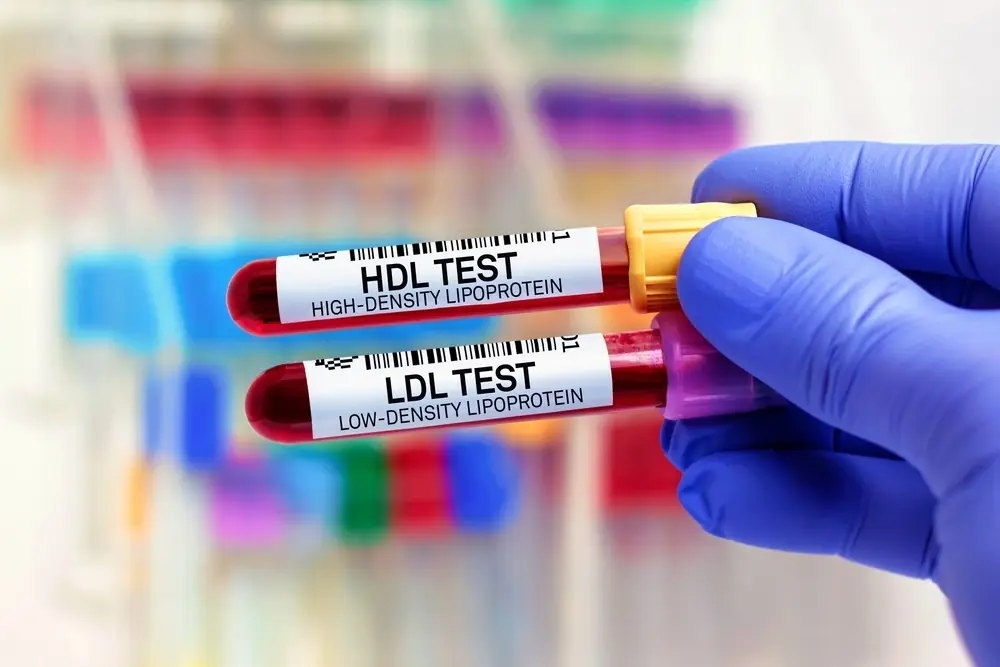
Dr. Norwitz’s experiment also suggests that the relationship between dietary cholesterol and blood cholesterol is far more complicated than once thought. While his body responded in a way that did not align with conventional wisdom, it serves as a reminder that each individual’s body reacts differently to dietary factors. There is no one-size-fits-all approach to nutrition, and factors such as genetics, activity levels, and overall health play a significant role in how the body processes cholesterol.
Should You Be Eating More Eggs?
Dr. Norwitz’s experiment raises the question: should people eat more eggs, especially given the long-standing advice to avoid foods high in cholesterol? The answer is likely more nuanced than simply advising everyone to start eating more eggs. The quality of your overall diet and the balance of nutrients you consume are far more important than focusing on a single food item.
For most people, eating eggs in moderation can be a healthy part of a balanced diet. Eggs are an excellent source of high-quality protein, essential vitamins, and healthy fats. They can help improve muscle mass, support brain function, and provide vital nutrients for eye health. However, individuals with certain conditions—such as high cholesterol, heart disease, or a family history of cardiovascular problems—should be more cautious and consult with a healthcare provider before making significant dietary changes.

Factors That Influence Heart Health Beyond Cholesterol
It’s crucial to remember that heart health is influenced by many factors beyond cholesterol levels. While cholesterol plays a significant role, other factors such as:
-
Blood Pressure: High blood pressure is a major risk factor for heart disease and stroke.
-
Inflammation: Chronic inflammation is linked to atherosclerosis and cardiovascular diseases.
-
Physical Activity: Regular exercise can help improve heart health by boosting HDL cholesterol levels and reducing LDL levels.
-
Diet Quality: A diet rich in whole foods, vegetables, lean proteins, and healthy fats can reduce the risk of heart disease.
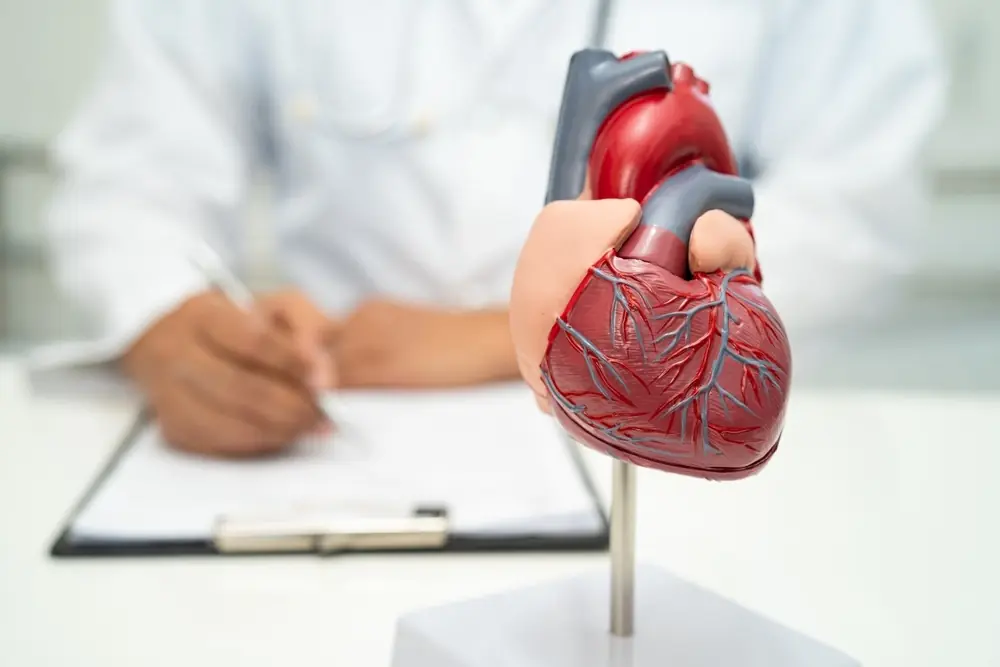
Key Takeaways from Dr. Norwitz’s Experiment
Dr. Norwitz’s bold experiment with eggs provides valuable insights into the complexities of nutrition and the body’s regulation of cholesterol. His results challenge the traditional view that dietary cholesterol leads to elevated blood cholesterol levels, and they underscore the importance of considering other dietary factors—such as fat and carbohydrate intake—when evaluating heart health.
Here are the key takeaways:
-
Eggs are not as detrimental to cholesterol levels as previously believed for most individuals.
-
Cholesterol levels are influenced by multiple factors, including genetics, overall diet, and lifestyle.
-
Moderation is key—eggs can be part of a healthy, balanced diet for most people.
-
A heart-healthy eating plan should focus on whole foods, healthy fats, and fiber, rather than demonizing specific food items.

Dr. Nick Norwitz’s experiment of eating 720 eggs in 30 days provides an eye-opening perspective on the relationship between dietary cholesterol and heart health. While more research is needed, this experiment challenges long-held beliefs and highlights the body’s ability to regulate cholesterol in ways that we are only beginning to understand. As we continue to explore the science of nutrition, it’s clear that moderation, balance, and a holistic approach to diet are key to maintaining heart health and overall well-being.
If you’re considering changing your diet based on the findings of this experiment, remember to consult with a healthcare provider, especially if you have any underlying health conditions.
News in the same category


Is This the Lost Ark? Ground-Penetrating Radar Uncovers Intriguing Structures Beneath Turkish Site Tied to Biblical Legend

Hundreds of C@ncer-Causing Chemicals Found in Food Packaging: A Hidden Health Threat

Excessive Sleep Could Increase Dementia Risk: What You Need to Know

Bill Gates predicts three careers that AI won't replace

The Four Foods You Should Never Keep in Your Home: A Guide to Healthier Living

Kathryn Bernardo finally speaks up about rumors that she's now in a relationship

Experts Issue Warning About Frequent Use of Air Fryers: Here's What You Need to Know

Why Showering at Night Is Better Than in the Morning
For those struggling with poor sleep quality, muscle tension, or skin issues, showering at night may be a simple yet effective solution to improve overall health and well-being.

What Are Eye Floaters? Understanding Their Causes, Symptoms, and When to Seek Help

8 Anti-Can cer Foods to Add to Your Diet for Prevention
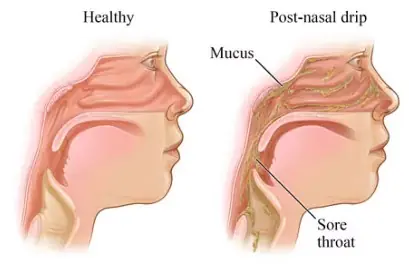
Understanding Mucus: What It Is, What It Means, and How to get rid of it

Understanding Dreams About De ceased Loved Ones: What They Mean and How They Help in Grieving

What Does It Mean To Wear a Ring On The Right Hand
The right hand represents strength, action, and decisiveness, while the finger and material you choose can further express your personality, values, and aspirations.

Over 200 People Are Killed By The “World’s Deadliest Food” Every Year, But Almost 500 Million People Still Eat It
No doubt there are many foods in the world that would make you feel full very quickly, but you do not usually find those at the dinner table every night.

Square Waves Are Real — and You Should Be Cautious When You See Them

Important Signs You Might Have Polymyalgia Rheumatica: A Comprehensive Guide

Off The Record: Scientists Warn of Unprecedented Global Warming Threats By 2200, Leading to Catastrophic Heatwaves, Famine, and Flooding
Scientists at Germany’s Potsdam Institute for Climate Impact Research predict a shocking rise in global temperatures by 2200, with devastating impacts including severe heatwaves, famine, and flooding. Even if carbon emissions are reduced, the future loo
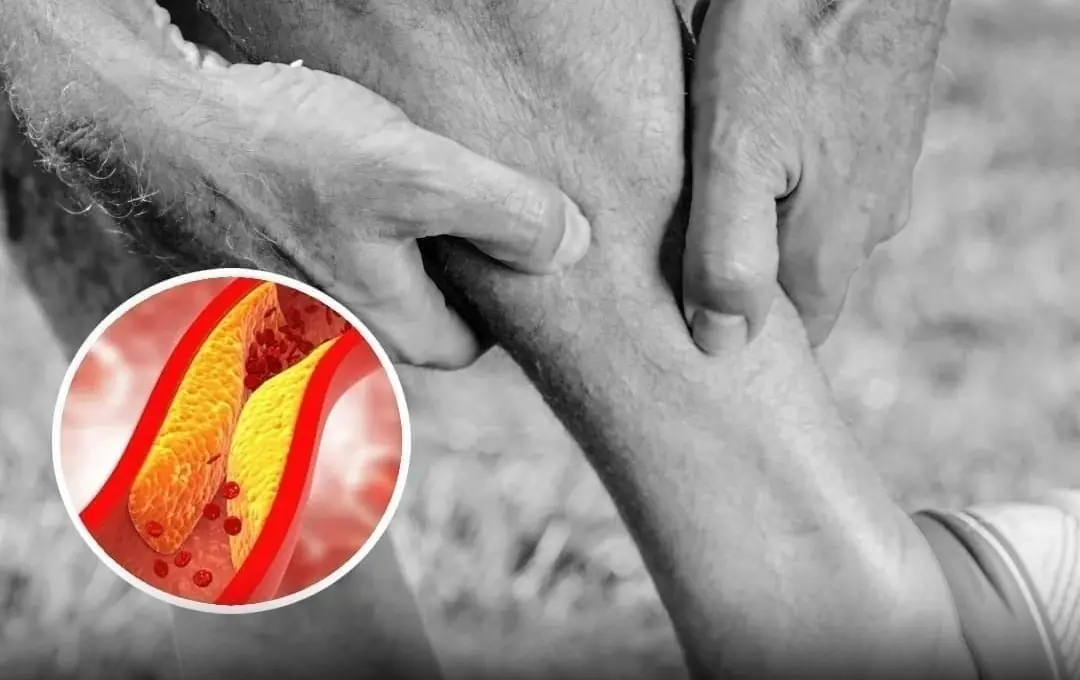
How Your Feet Could Be Signaling Heart Problems and Clogged Arteries
Symptoms like pain, swelling, numbness, or changes in skin color can indicate underlying issues with circulation, including peripheral artery disease or even heart disease.
News Post

What Lies Beneath: Camera Dropped 305 Feet into Antarctic Ice Reveals Breathtaking Secrets of Earth’s Oldest Climate Record

Is This the Lost Ark? Ground-Penetrating Radar Uncovers Intriguing Structures Beneath Turkish Site Tied to Biblical Legend

No Paycheck, No Problem: What Pope Leo XIV Will Receive as the New Leader of the Catholic Church

Robert De Niro Slams Trump at Cannes: “This Is Not Just America’s Problem”

Hundreds of C@ncer-Causing Chemicals Found in Food Packaging: A Hidden Health Threat

Joe Biden diagnosed with aggressive prostate c@ncer; political leaders express support

Ivana Alawi Re-Blesses Her Entire Home Following Alleged Haunted Encounter
After experiencing unsettling events during an out-of-town trip, Ivana Alawi decided to have her whole house blessed again, sharing the spooky story in her latest vlog with Kyline Alcantara.

Donald Trump sl@mmed after sharing yet another baffling post about Taylor Swift

Ultimate Guide to Bridal Ubtan Recipes for Glowing, Radiant Skin: Timeless Beauty Secrets You Must Try
By consistently using these bridal ubtan recipes in the weeks leading up to your big day or any special occasion, you can unveil a luminous complexion that truly shines.

Excessive Sleep Could Increase Dementia Risk: What You Need to Know

Brooklyn Half Marathon Runner Passes Away During Race After Collapsing on the Course

I Saw Her Name Glowing on His Phone Screen And My World Shattered
A glowing phone screen in a dark room revealed a deva$tating secret—my husband’s betrayal with someone I never expected. What followed was heartbre@k, rage, and the pa!nful choice to walk away.

DIY Coffee Face Packs for Glowing Skin – Coffee Benefits for skin
These natural masks nourish, rejuvenate, and protect your skin while addressing concerns like wrinkles, dark spots, dryness, and dullness.

Solenn Heussaff Shows Off her Bl@ck Eye
Celebrating Mother’s Day with a touch of humor and a minor injury, Solenn Heussaff reveals how her youngest daughter accidentally gave her a black eye during a sleepy moment.

My Sister’s Face Staring Back at Me from His Laptop Screen: The Secret That Shattered My World
A forgotten laptop revealed a secret I never expected—my husband’s hidden life with my sister, a web of l!es, pa!n, and betrayal that turned my world upside down. This is the raw, heart-wrenching story of trust br0ken and truth uncovered.

Katy Perry Opens Up About a Hum!liating Setback That Almost Ended Her Music Career

Alynna Opens Up About Family Rift with Hajji Alejandro’s Relatives and Responds to Accusations of Gold-Digging
In an emotional reveal, singer Alynna discusses the tension with some members of Hajji Alejandro’s family, affirming her genuine love and sacrifice during their 27-year relationship.

My Sister Left Her Phone in My Car, What I Saw in Those Texts Shattered Everything
I never expected a forgotten phone to reveal a brutal conspiracy between my sister and someone I trusted — plotting to ste@l the family home and betray me. What followed was heartbre@k, rage, and the f!ght for justice.

Paolo Bediones Breaks Silence on Viral Privat3 V!de0 Controversy After 11 Years
After more than a decade, TV host Paolo Bediones opens up about the ordeal surrounding the leak of his privat3 vide0s and the threats he faced.

Kristel Fulgar Shares How Her Husband’s Conversion to INC Proved He Was ‘The One’
Kristel Fulgar opens up about her husband Ha Su-hyuk’s heartfelt journey to convert to Iglesia ni Cristo, revealing how this commitment confirmed their destined love.